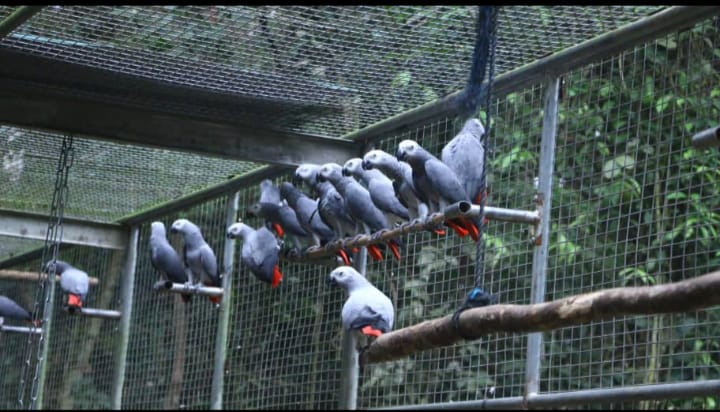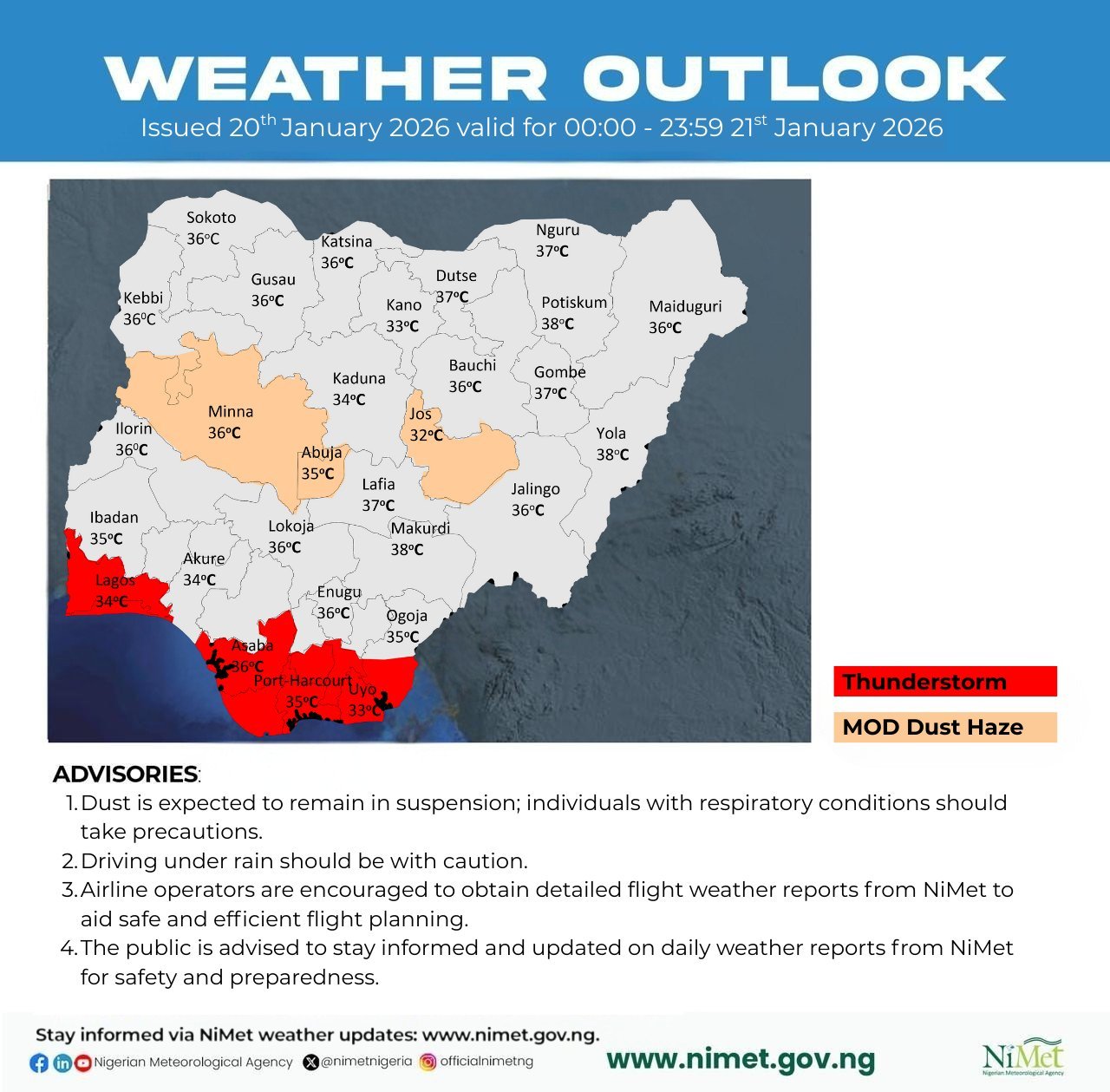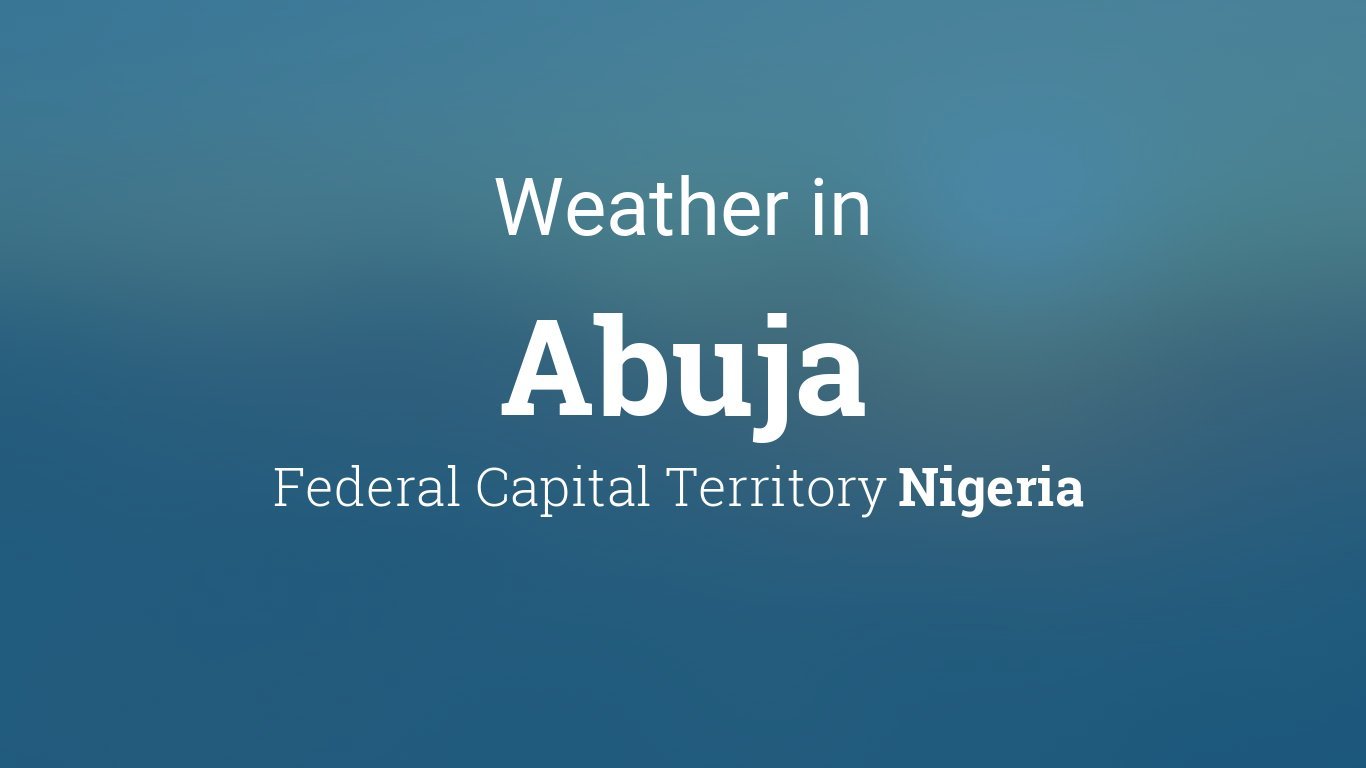By Christian Njoku
Nigeria has some of the best habitat varieties in Africa, which range from the tropical rainforests around the Niger River Delta, mangrove swamps in the Niger Delta, which happens to be the largest in Africa and the savannas in the north.
According to the National Strategy for Combating Wildlife and Forestry Crimes in Nigeria from 2022 to 2026, it is estimated that these enviable habitats are home to some of the rarest species in human history.
With about 285 mammals, 864 birds, 203 reptiles, 775 fish, over 4,715 plant species and still counting.
For example, Nigeria’s mangrove forest, which is the third largest in the world extends to Cameroon and Equatorial Guinea, encompassing 1 million hectares out of the 3.2 million hectares of mangrove forest in Africa and is one of the world’s biodiversity hotspots.
In a bid to protect this natural gift that makes Nigeria one of the most sought-after nations by conservationists and environmentalists, it established eight National Parks and 15 Forest Reserves.
These parks include the Chad Basin, Cross River, Gashaka Gumti, Kainji, Kamuku, Okomu, Old Oyo and Yankari National Parks across the nation.
One of the most important of this conservationist effort is the establishment of the Cross River National Park, which has two sections: Oban, established in 1988, and the Okwangwo section, established in 1991.
With about a total area of 4,000 square kilometres of rainforests and mangrove swamps, the park which is the largest rainforest in Nigeria, has one of the oldest rainforests in Africa, about 16 primate species and is one of the world’s biodiversity hotspots.
However, like all the other efforts at conserving Nigeria’s wildlife, the Cross River National Park is under serious threats from illegal logging, mining, poaching, farming activities, and insatiable desire for bush meat, among others, which have seriously depleted the park flora and fauna.
This depletion has continued unabated despite several efforts and laws put in place by the Federal and State governments to stem the tide of the massive wildlife destruction.
Available data show that as of 1991, the total forest cover in Cross River stood at 7,930 square kilometres, roughly covering about 34.3 per cent of the state’s overall surface area.
However, by 2008, the forest underwent considerable decline and dropped to about 6,102 square kilometres, occupying 28.68 per cent of the state’s land mass.
Each year available records show that the rate of deforestation intensifies, signifying a corresponding increase in the number of factors that drive forest loss.
In an attempt to protect the state’s wildlife, Cross River enacted the Forestry Commission Law of 2010, establishing a state Forestry Commission for sustainable management of the forest and wildlife resources.
Section 47 (1) of the law states that for the preservation of animal and plant species and their habitat, the commission may declare any forest area a protected forest, while subsection (2) noted that no harvesting of Forest produce shall be permitted in Forest areas declared protected.
It went further in Section 48 to state that “Except permitted by the commission in writing, no person or community shall engage in clear-cutting or burning of high forest land in a protected forest area for purposes of agriculture or any other use.”
In Section 83 (1), the law states clearly that any unauthorised trespass, destruction or taking of any prohibited and endangered forest produce is an offence liable on conviction to a fine not less than N100,000 or six months imprisonment or both.
In addition, the offender may be required by the court to pay a sum equivalent to the fees and royalties payable on any forest produce removed or damaged and also such amount, if any, as a court may consider as just compensation for any damage done.
These laws that look good on paper have hardly yielded any results as the depletion of the forest has continued over the years, with politicians, powerful individuals, foreigners, and communities all fingered as major culprits.
In an interview with a renowned Conservationist, Ms Elizabeth Gadsby, she said Nigeria had one of the highest unique levels of biodiversity in Africa; if you use primates as an indicator, Nigeria is number three in the continent after DRC and Cameroon.
Gadsby, who is the co-founder of Drill Ranch, said that today, people think of Kenya and Tanzania as countries that have all these fantastic wildlife while Nigeria has higher diversity than they do, but everything is on the verge of extinction.
“We have already lost about 96% of our Forest; we have lost our cheetahs, giraffes, rhinoceros, especially the black rhinoceros, which is the most endangered; the African wild dogs, leopards and hippos are extinct in Nigeria.
“My problem here is that we are eating animals to extinction. In the United States, you are allowed to hunt once a year, and you need a licence, but in Nigeria, for so many years, hunting has been almost exclusively commercial, while people claim eating bush meat is cultural.
“We can’t sustain this anymore because of population growth in Nigeria; in the last 30 years, data show that the nation’s population has tripled and habitats for animals are almost gone,” she said.
She said to ensure the conservation of the nation’s wildlife, we need to enforce the laws of the country and the state, which are in the books, especially those that stop uncontrolled hunting of bush meat.
Gadsby went on to say that it is not that eating bush meat is wrong in principle, just that Nigeria is losing its natural heritage by eating bush meat in an uncontrolled manner and claiming it is their culture and can’t stop.
Following the startling revelations by Gadsby, the News Agency of Nigeria (NAN) visited one of the most popular bush-meat joints in the Atimbo area, outskirts of Calabar, en route to Akpabuyo LGA, and discovered a long line of thatched sheds that deal in all sorts of bush meats.

One of the traders, Mrs Abigail Essien, said they have high patronage by all classes of people, especially on weekends, as they sell assorted bush meat such as antelope, porcupine, grass cutter, and warthog, among others, with palm wine.
“We get our regular supply from the popular Watt Market. There are men who deal especially on bush meat, and we buy from them; I think they get their supplies from hunters,” she narrated.
Another renowned Conservationist, Mr Peter Jenkins, Jr., asserts that Nigeria has great laws protecting all sorts of environments across the country and wildlife, but the enforcement of these laws is terribly poor.
According to Jenkins, as the population is growing, we are destroying forests and watersheds which supply the population with clean water. The result of this is biodiversity extinction, poor wildlife conservation, zoonotic diseases, etc.
“As long as man keeps on going where he shouldn’t and doing what he shouldn’t be doing like mining, illegal logging, hunting in protected forests, it will get to a point that there will be nothing left to take,” he said.
On assumption of office, the present administration in Cross River, like all the previous administrations before it, enacted a Climate and Green Economy Commission Law to protect the rich but fragile ecosystem of the state.
This may seem laudable, but the big question is: how does the state plan to ensure the implementation of this law when all its previous efforts have failed? How has the already existing Cross River Forestry Commission fared over the years?
In an engagement with the Chairman of the state’s Forestry Commission, Mr George Oben-Etchi, he had complained of poor funding of the commission, noting that the commission did not even have vehicles to move staff of the commission expected to inspect and protect the forest.
Another challenge is the dearth of manpower as many of the experienced officials have retired; there is also the issue of corruption where those who should protect the forest are those who aid perpetrators of environmental crimes.
On her part, the Conservator of Cross River National Park, CP Caroline Olori and her team have not fared any better as she had constantly complained of the lack of cooperation from indigenes of forest communities who invite outsiders to destroy their forests through illegal mining or logging for pittance.
In the midst of these challenges, organisations like Drill Ranch, among others, are doing their best to protect the nation’s forest reserve by protecting primate species seized from poachers in their Calabar centre and Afi Mountain Sanctuary in Boki LGA.

On Nov. 14, they partnered with the World Parrot Trust (WPT) and other stakeholders to release 25 African grey parrots seized from wildlife traffickers back to the wild, but what is the fate of these parrots if conservation efforts are not stepped up?
It is important to state at this point that following data kept by conservationists in Cross River, in the last 25 years, the temperature of the state has risen each year and the seasons have become a lot more unpredictable.
Farmers who in the past could simply predict the seasons and know when to plant can no longer do that because, as of today, the weather in Cross River is completely destabilised, and there are more cases of zoonotic diseases such as Lassa fever and M-pox.
Things will continue to get worse environmentally until we strengthen the management of our protected areas by providing financial, technical and political support for anti-poaching and logging activities by park rangers and developing park infrastructures.
There is a need for the implementation of environmental education in schools and communities to raise awareness of the necessity to protect the environment and wildlife and also support sustainable agricultural practices that will reduce over-reliance on the forest.
It is not enough to make good laws that end up on paper, these laws, or policies must be strictly implemented to the latter if we must protect this natural heritage to have something to show our children.
The time to act is now!




